[Anchor]
The shock of deepfake technology is affecting not only the civilian sector but also the military and security fields.
As AI technology is applied in the military sector, the arms race in AI among countries is intensifying.
There are concerns that we must prepare for new threats posed by generative AI.
Next, reporter Yoon Jin will deliver the report.
[Report]
Multiple drones are conducting a joint attack operation.
AI autonomously makes decisions and carries out combat.
Now, AI has evolved beyond being applied to individual weapons to analyzing vast amounts of information and establishing strategies.
In fact, a U.S. company that demonstrated its AI capabilities in the Ukraine war has surpassed the market capitalization of the world's largest defense contractor, Lockheed Martin.
[Kim Yang-kyu/Senior Researcher, East Asia Institute: "By utilizing advanced models of AI, you can gain overwhelming superiority on the battlefield. There may be a situation in the future where it can decide the success or failure of military operations..."]
Major powers are rushing to apply civilian AI to military fields, and an 'AI arms race' is now in full swing.
In September of last year, over 60 countries gathered in Seoul to adopt a declaration on the responsible military use of AI.
However, China attended the meeting but did not sign the declaration.
Amid this, China's DeepSeek has surprised the world, as such generative AI can collect and combine even simple information to create meaningful and sensitive data.
This is why careful input of information into generative AI is necessary, even if it is not classified.
[Jeon Ha-kyu/Ministry of National Defense Spokesperson: "I am aware of the recent technical or security concerns related to generative AI, and proactive measures are needed...."]
In the heated AI competition, experts advise that we must prepare for new security threats while ensuring the ethical use of AI.
This is KBS News, Yoon Jin.
The shock of deepfake technology is affecting not only the civilian sector but also the military and security fields.
As AI technology is applied in the military sector, the arms race in AI among countries is intensifying.
There are concerns that we must prepare for new threats posed by generative AI.
Next, reporter Yoon Jin will deliver the report.
[Report]
Multiple drones are conducting a joint attack operation.
AI autonomously makes decisions and carries out combat.
Now, AI has evolved beyond being applied to individual weapons to analyzing vast amounts of information and establishing strategies.
In fact, a U.S. company that demonstrated its AI capabilities in the Ukraine war has surpassed the market capitalization of the world's largest defense contractor, Lockheed Martin.
[Kim Yang-kyu/Senior Researcher, East Asia Institute: "By utilizing advanced models of AI, you can gain overwhelming superiority on the battlefield. There may be a situation in the future where it can decide the success or failure of military operations..."]
Major powers are rushing to apply civilian AI to military fields, and an 'AI arms race' is now in full swing.
In September of last year, over 60 countries gathered in Seoul to adopt a declaration on the responsible military use of AI.
However, China attended the meeting but did not sign the declaration.
Amid this, China's DeepSeek has surprised the world, as such generative AI can collect and combine even simple information to create meaningful and sensitive data.
This is why careful input of information into generative AI is necessary, even if it is not classified.
[Jeon Ha-kyu/Ministry of National Defense Spokesperson: "I am aware of the recent technical or security concerns related to generative AI, and proactive measures are needed...."]
In the heated AI competition, experts advise that we must prepare for new security threats while ensuring the ethical use of AI.
This is KBS News, Yoon Jin.
■ 제보하기
▷ 카카오톡 : 'KBS제보' 검색, 채널 추가
▷ 전화 : 02-781-1234, 4444
▷ 이메일 : kbs1234@kbs.co.kr
▷ 유튜브, 네이버, 카카오에서도 KBS뉴스를 구독해주세요!
- AI arms race
-
- 입력 2025-02-07 01:28:18
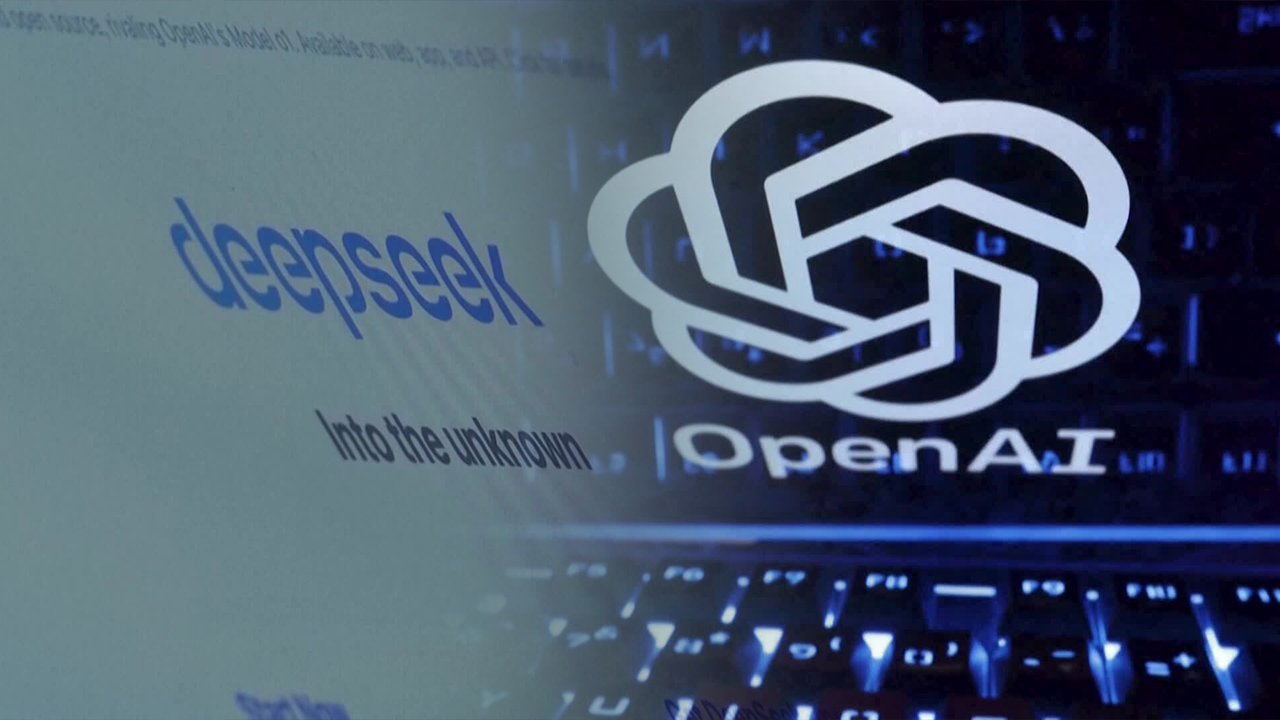
[Anchor]
The shock of deepfake technology is affecting not only the civilian sector but also the military and security fields.
As AI technology is applied in the military sector, the arms race in AI among countries is intensifying.
There are concerns that we must prepare for new threats posed by generative AI.
Next, reporter Yoon Jin will deliver the report.
[Report]
Multiple drones are conducting a joint attack operation.
AI autonomously makes decisions and carries out combat.
Now, AI has evolved beyond being applied to individual weapons to analyzing vast amounts of information and establishing strategies.
In fact, a U.S. company that demonstrated its AI capabilities in the Ukraine war has surpassed the market capitalization of the world's largest defense contractor, Lockheed Martin.
[Kim Yang-kyu/Senior Researcher, East Asia Institute: "By utilizing advanced models of AI, you can gain overwhelming superiority on the battlefield. There may be a situation in the future where it can decide the success or failure of military operations..."]
Major powers are rushing to apply civilian AI to military fields, and an 'AI arms race' is now in full swing.
In September of last year, over 60 countries gathered in Seoul to adopt a declaration on the responsible military use of AI.
However, China attended the meeting but did not sign the declaration.
Amid this, China's DeepSeek has surprised the world, as such generative AI can collect and combine even simple information to create meaningful and sensitive data.
This is why careful input of information into generative AI is necessary, even if it is not classified.
[Jeon Ha-kyu/Ministry of National Defense Spokesperson: "I am aware of the recent technical or security concerns related to generative AI, and proactive measures are needed...."]
In the heated AI competition, experts advise that we must prepare for new security threats while ensuring the ethical use of AI.
This is KBS News, Yoon Jin.
The shock of deepfake technology is affecting not only the civilian sector but also the military and security fields.
As AI technology is applied in the military sector, the arms race in AI among countries is intensifying.
There are concerns that we must prepare for new threats posed by generative AI.
Next, reporter Yoon Jin will deliver the report.
[Report]
Multiple drones are conducting a joint attack operation.
AI autonomously makes decisions and carries out combat.
Now, AI has evolved beyond being applied to individual weapons to analyzing vast amounts of information and establishing strategies.
In fact, a U.S. company that demonstrated its AI capabilities in the Ukraine war has surpassed the market capitalization of the world's largest defense contractor, Lockheed Martin.
[Kim Yang-kyu/Senior Researcher, East Asia Institute: "By utilizing advanced models of AI, you can gain overwhelming superiority on the battlefield. There may be a situation in the future where it can decide the success or failure of military operations..."]
Major powers are rushing to apply civilian AI to military fields, and an 'AI arms race' is now in full swing.
In September of last year, over 60 countries gathered in Seoul to adopt a declaration on the responsible military use of AI.
However, China attended the meeting but did not sign the declaration.
Amid this, China's DeepSeek has surprised the world, as such generative AI can collect and combine even simple information to create meaningful and sensitive data.
This is why careful input of information into generative AI is necessary, even if it is not classified.
[Jeon Ha-kyu/Ministry of National Defense Spokesperson: "I am aware of the recent technical or security concerns related to generative AI, and proactive measures are needed...."]
In the heated AI competition, experts advise that we must prepare for new security threats while ensuring the ethical use of AI.
This is KBS News, Yoon Jin.
-
-
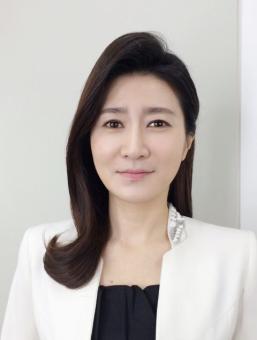
윤진 기자 jin@kbs.co.kr
윤진 기자의 기사 모음
-
이 기사가 좋으셨다면
-
좋아요
0
-
응원해요
0
-
후속 원해요
0










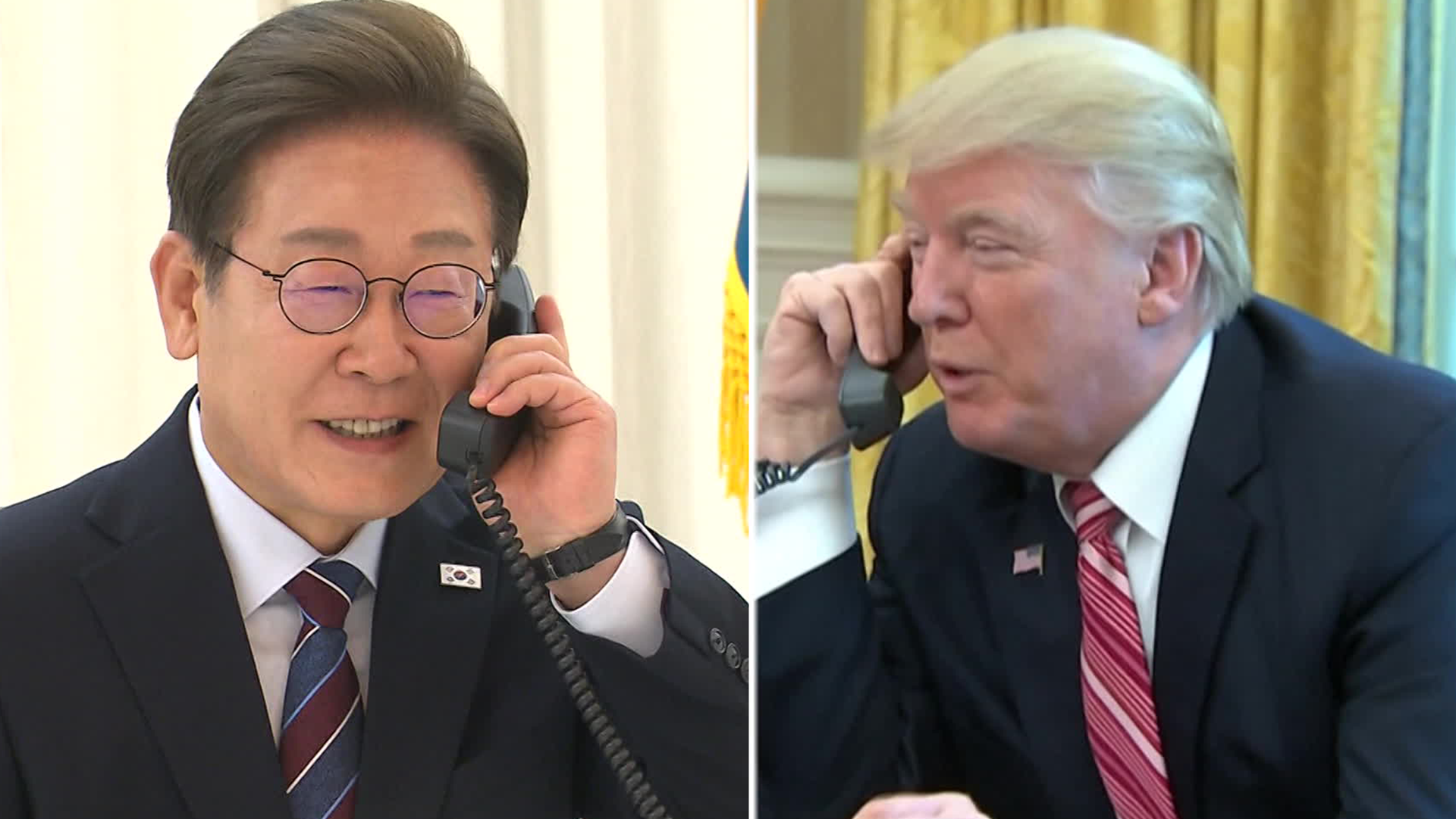
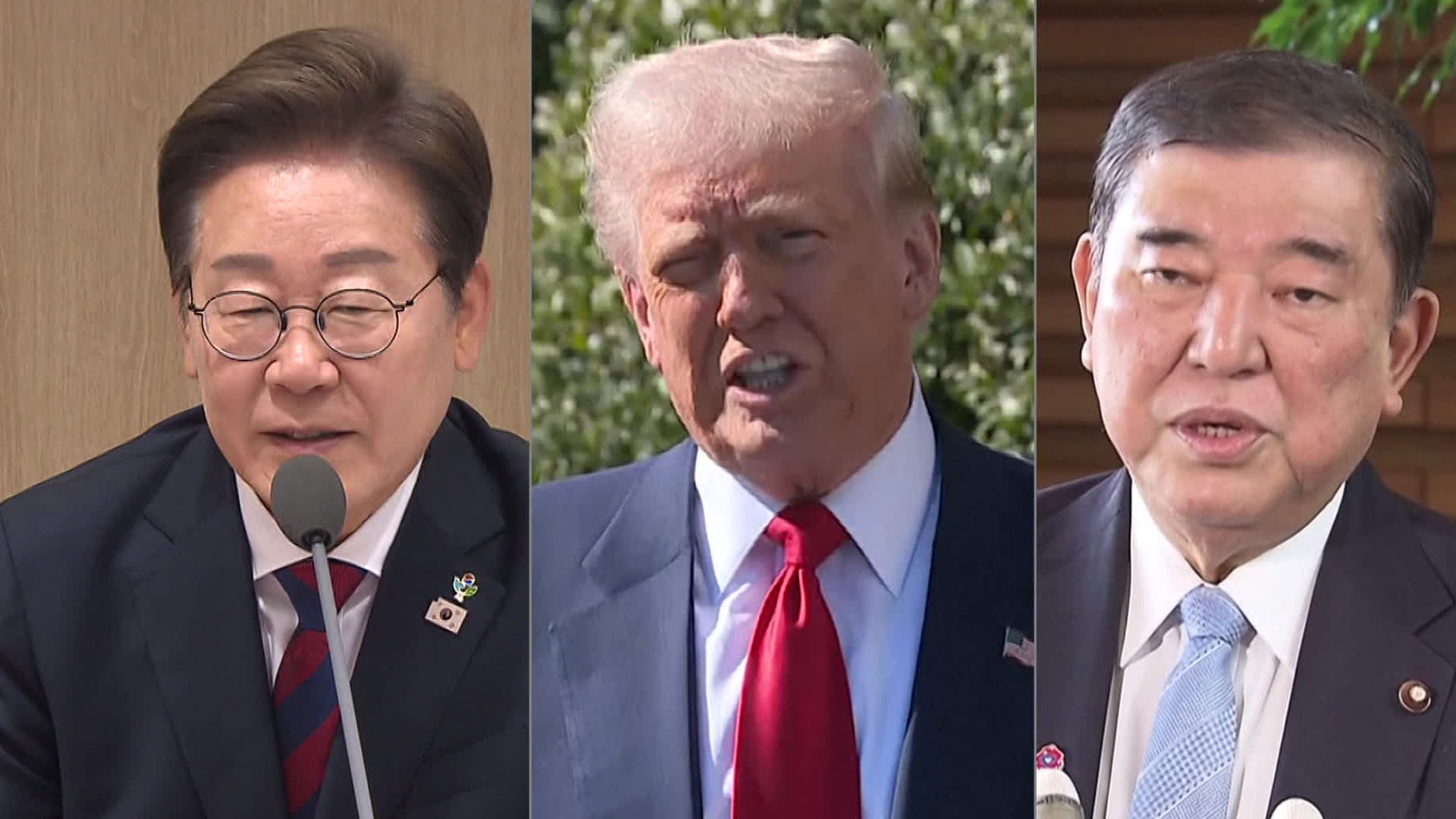
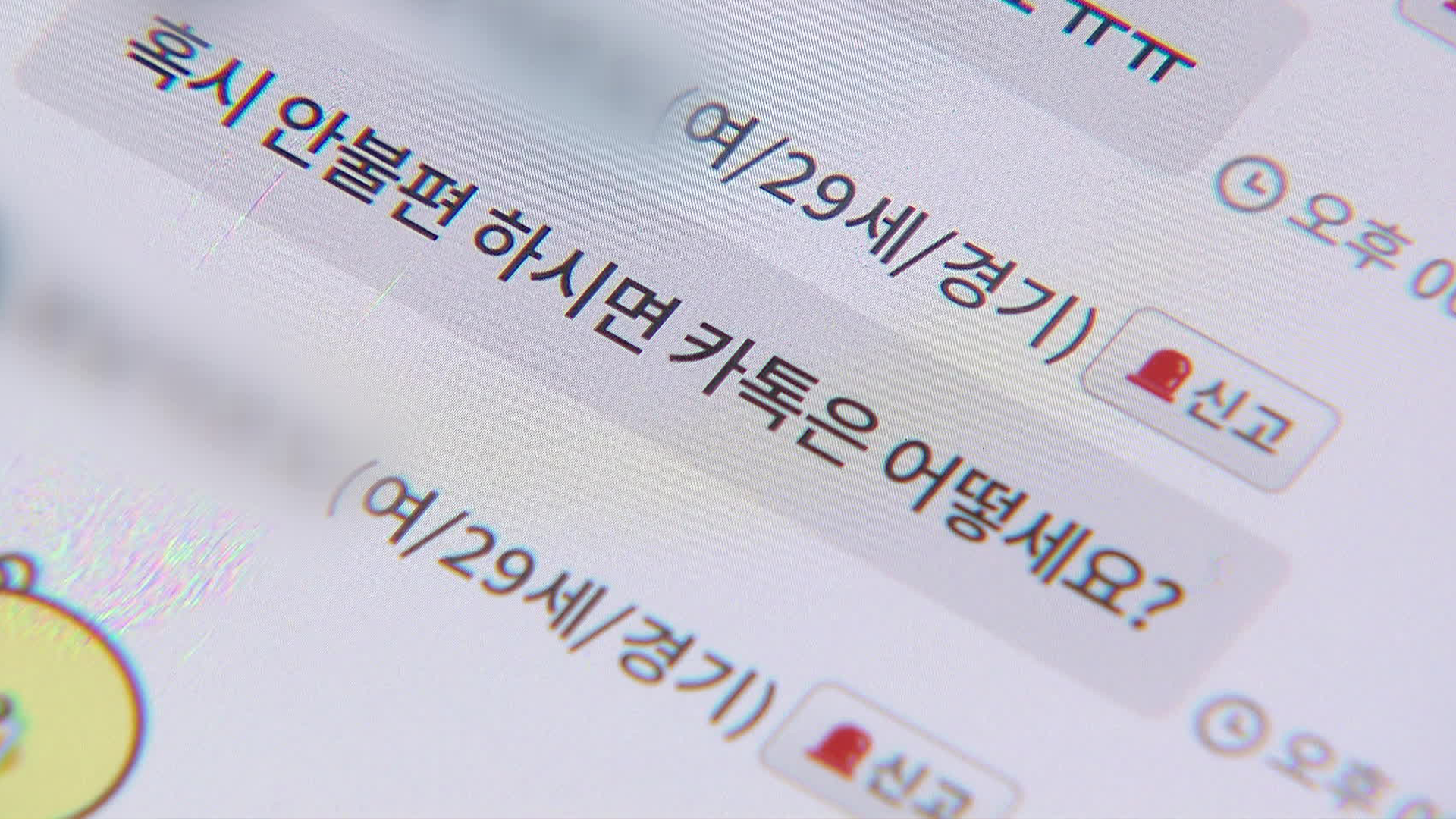
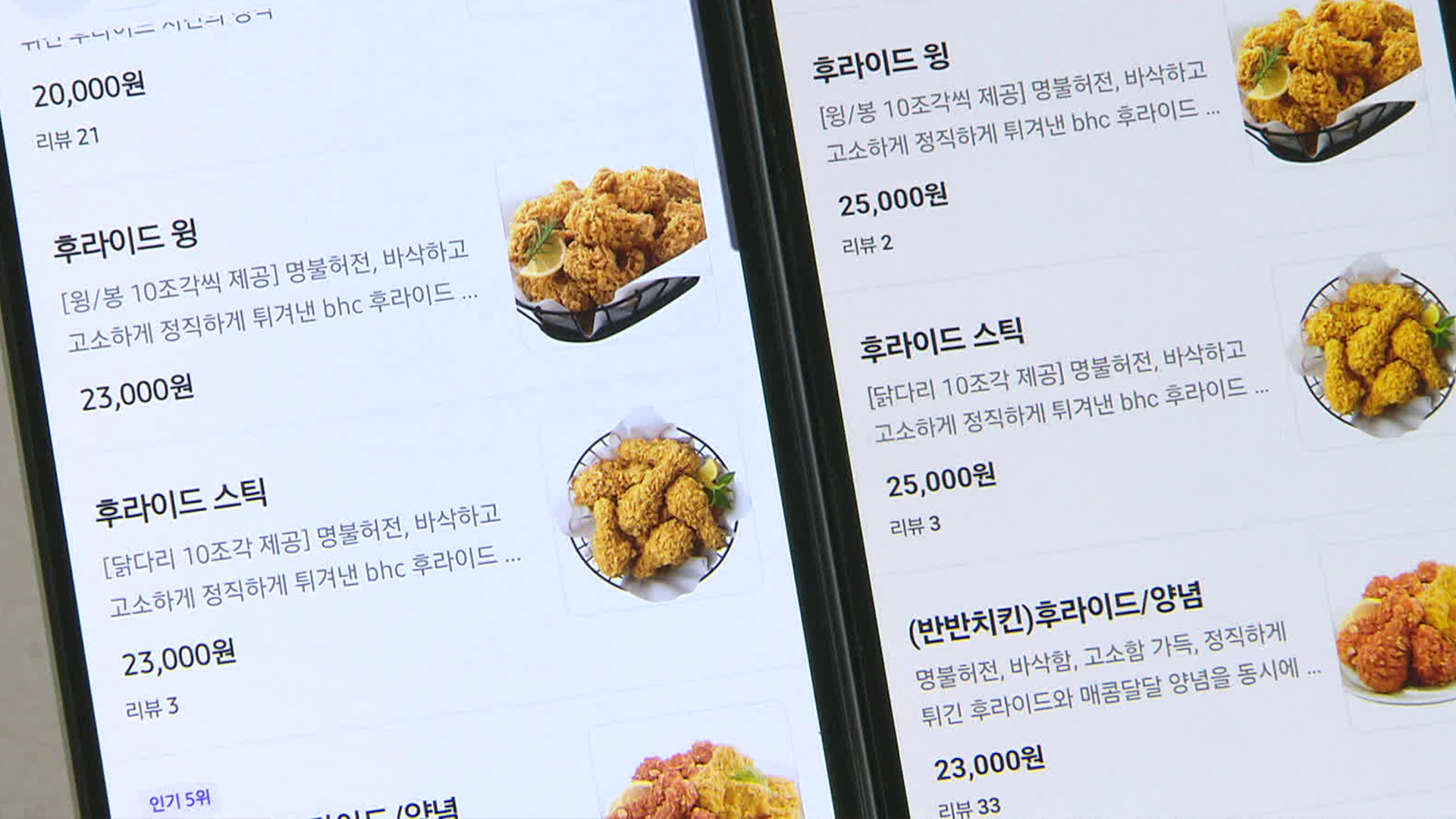

이 기사에 대한 의견을 남겨주세요.